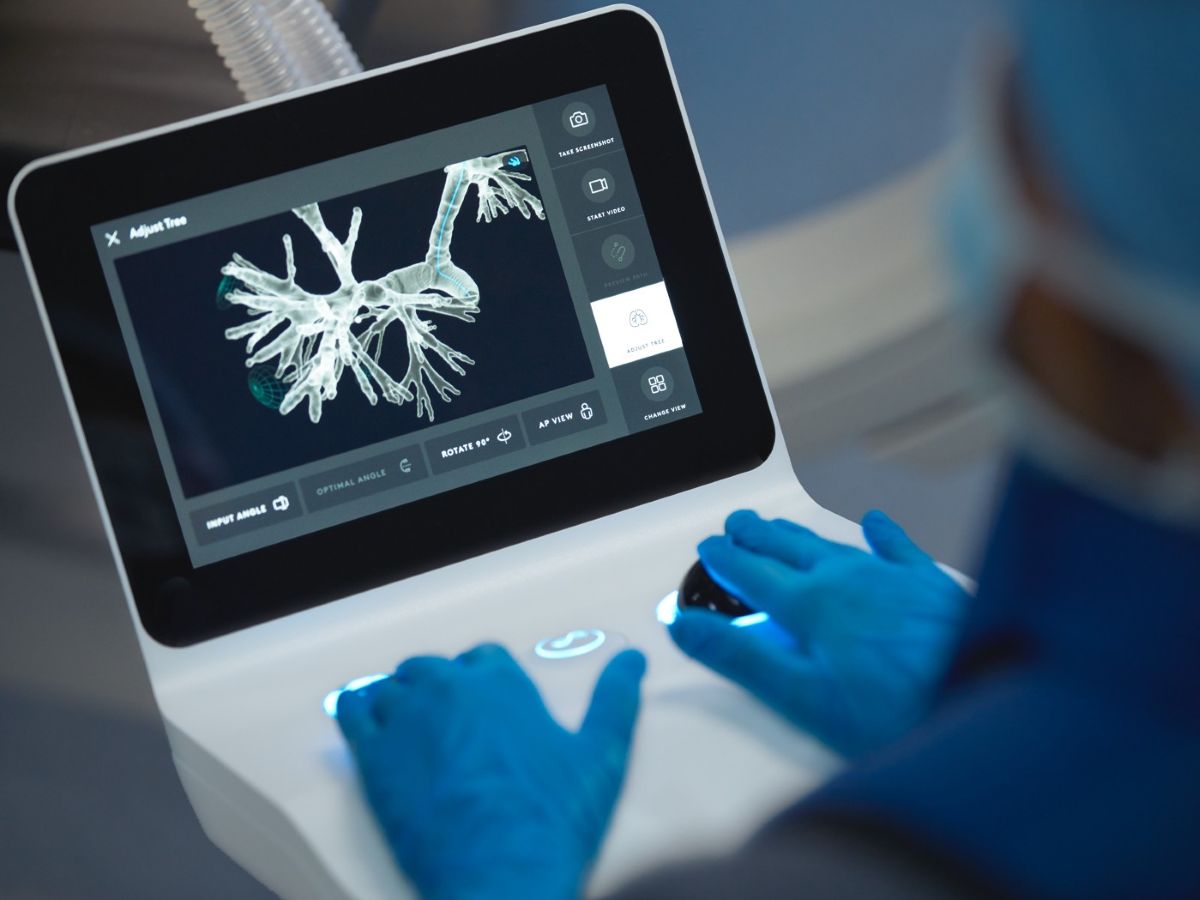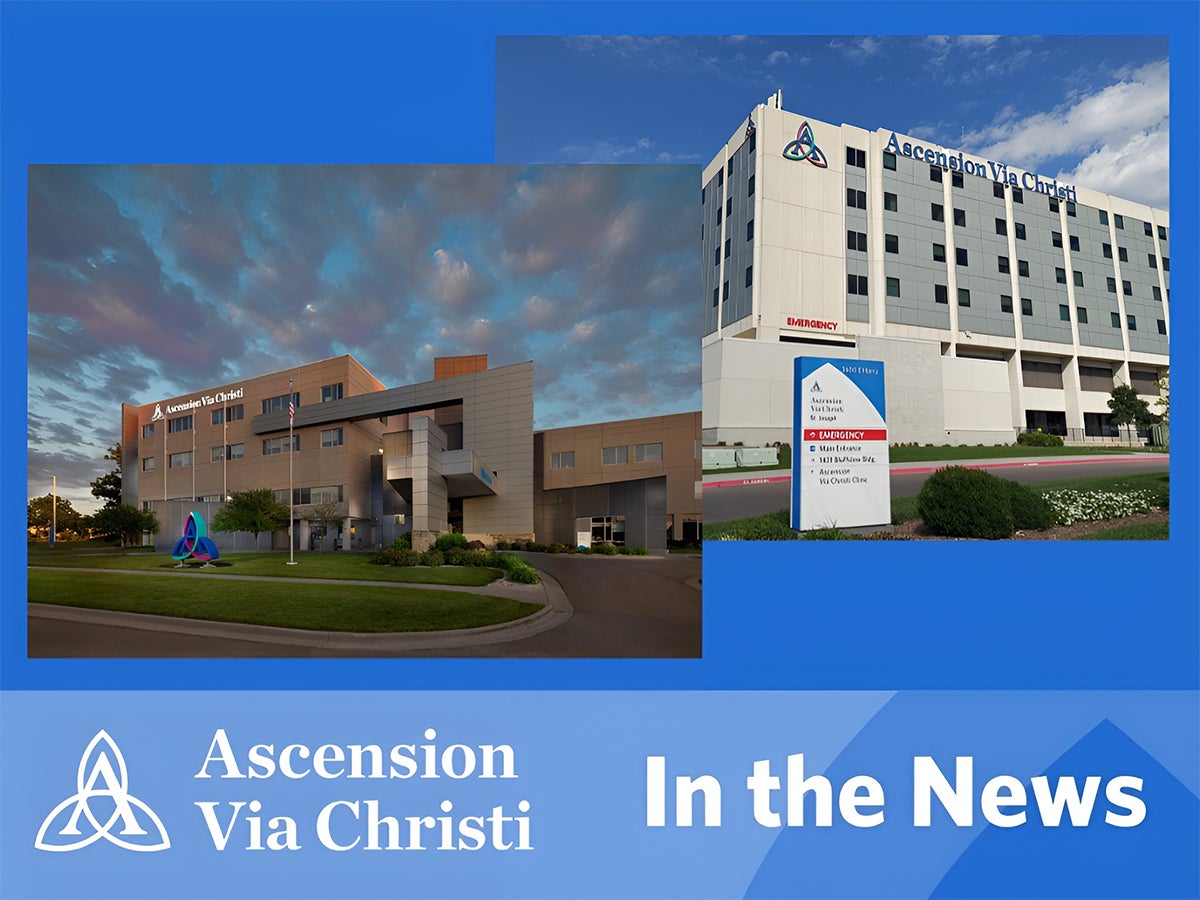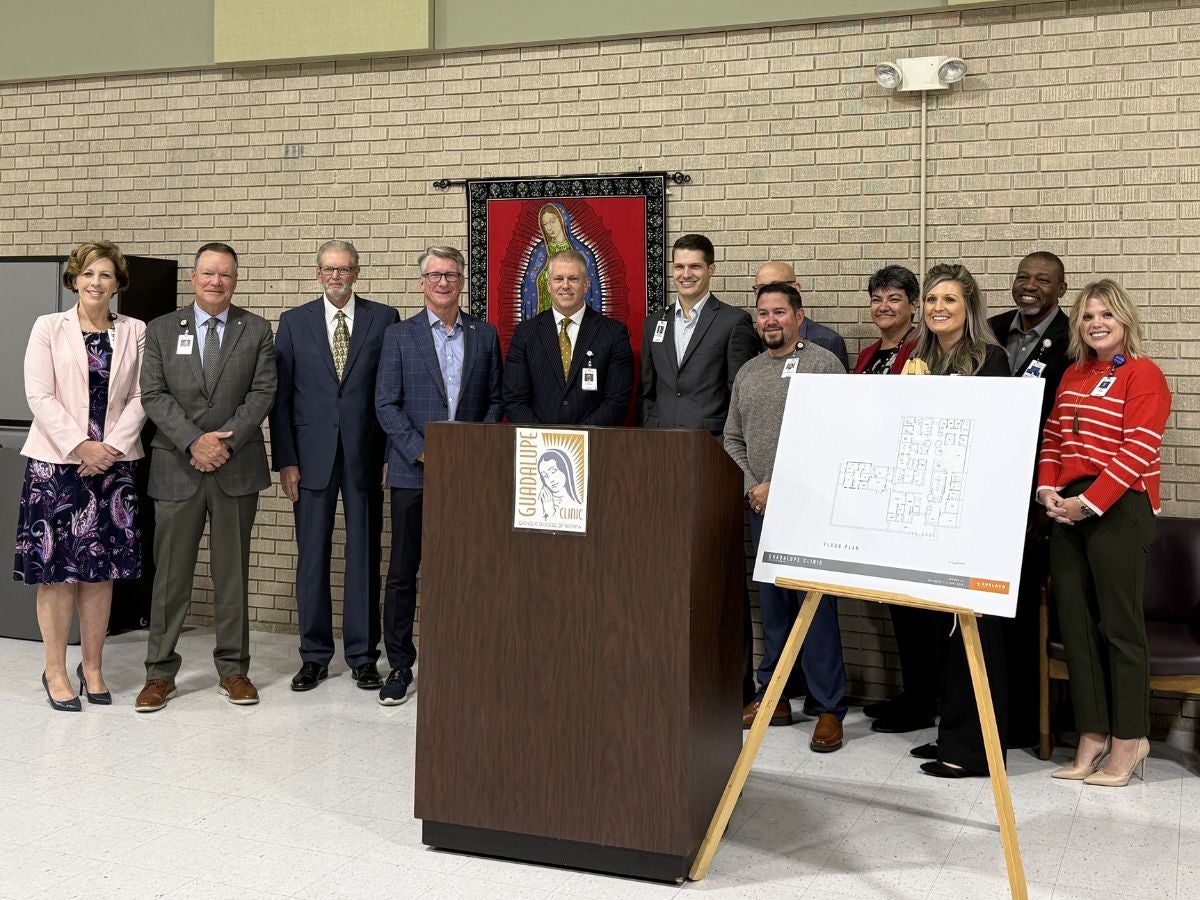The structural cardiology team at Via Christi St. Francis announced they successfully performed their first commercial procedure and the first in the Midwest, completed April 16, 2024, using the Abbott TriClip™ transcatheter edge-to-edge repair (TEER) system. This is a first-of-its-kind device to repair a leaky tricuspid valve (known as tricuspid regurgitation or TR).
“Our team has been working with this device for many years,” said interventional cardiologist Bassem Chehab, MD, medical director of the Via Christi Structural Heart program. “We were involved in the early development of the TriClip device, as part of the clinical trial seeking FDA approval. We’re excited to finally be able to expand our treatment options and offer this to patients in need.” Chehab also added, “Because we were involved in the clinical trial, we have been performing this procedure for years, giving our team significant experience with it, allowing us to achieve excellent patient outcomes at a time when others are just learning it.”
In early April, Abbott, the company behind the TriClip device, announced it received FDA approval to use TriClip in operating rooms across the country. TriClip leverages the same technology as Abbott's MitraClip device – which has treated more than 200,000 people with leaky mitral valves (mitral regurgitation) – but was specifically designed to treat the tricuspid valve's complex anatomy.
Tricuspid valve regurgitation is a condition in which the valve between the two right heart chambers don’t close properly, allowing blood to flow backward into the heart. The disease is often debilitating, causing symptoms such as shortness of breath and fatigue, and when left untreated, may progress into conditions such as atrial fibrillation (AF), heart failure and, ultimately, death. Traditionally, the only treatment options for TR have been surgery, which is rarely performed due to the complexity of the procedure and high risks involved. Abbott’s TriClip device provides a much-needed treatment option for people suffering from this condition.
Delivered through a vein in the leg, TriClip’s technology repairs the tricuspid valve by clipping together flaps of tissue, which helps blood flow in the right direction. It does this without the need for open-heart surgery. On average, people who receive TriClip only need one day in the hospital before they recover and can return home.
“Up until recently, a leaky tricuspid valve was mainly treated with medication or by aggressive open heart surgery,” said cardio-thoracic surgeon Brett Grizzell, MD. “Having early access to this technology allows our patients to be treated through minimally invasive surgery, which leads to a much faster recovery, ultimately allowing our patients to return to their day to day activities sooner.”
Click here to learn more about the advanced heart and valve care Via Christi is providing patients, close to home.



